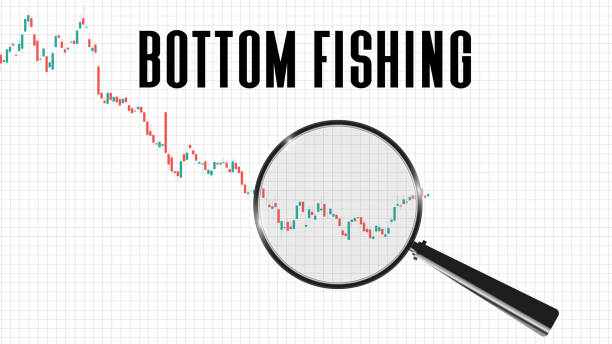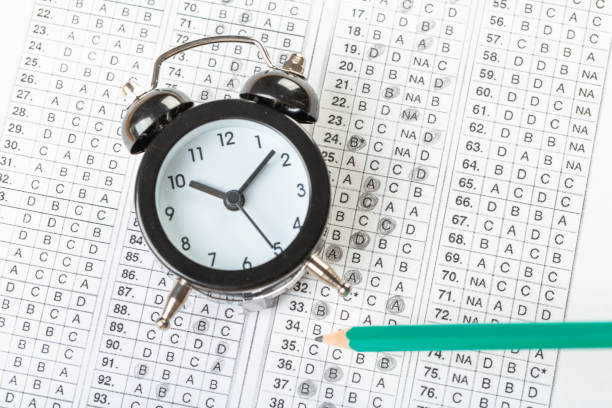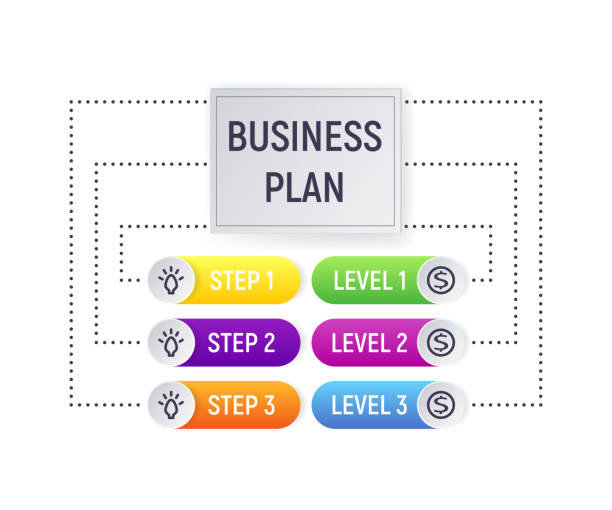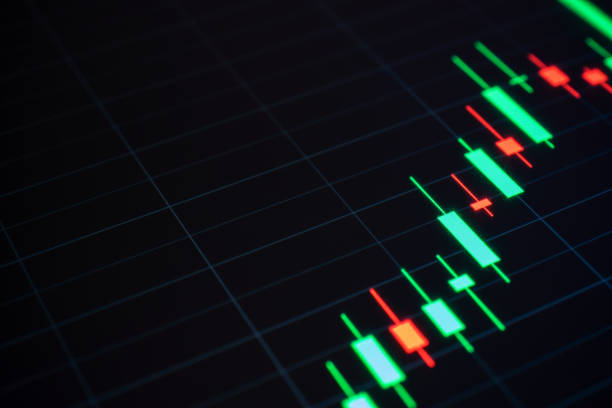BEST TRADING QUOTES – TRADING TIPS FROM THE BEST TRADERS
Single-line quotes can be inspiring and helpful, but they contain so much more. We must always remember that when we read one-sentence quotations, they are out of context. The author’s original quote has much more to say.
It is for this reason that analyzing trading quotes can prove to be extremely beneficial. Focusing on the essence of a message and going beyond just a single sentence helps traders develop actionable tips and practical trading solutions.
Here are some of the best-known trading quotations. I want to share some of my thoughts on the fundamental principles behind trading quotes and how they can be transformed into practical trading tips.
“Don’t worry what the markets will do. Worry about what you are going to respond to the markets.” – Michael Carr.
The price and the direction of the market are completely out of your control.
Don’t waste time or energy on things you can’t control. Concentrate on areas where you can have an impact.
A trader’s job is to conduct an objective analysis of price and then act based on that information. A trader should be prepared for any price-related situation.
Here are some questions you should ask before starting a business:
- What must I do before I start a business?
- What must happen to cancel the idea of a trade?
- Where will I be able to exit a trade?
- When and under what circumstances can I make a profit?
- When can I admit that I was wrong and cut my losses?
By asking such questions, you can improve your trading behavior.
“Markets are more likely to remain irrational than you will be able to remain solvent.” — Keynes
This quote makes me think of traders who continue to add to their losing positions as the market moves against them. The traders may notice a clear chart pattern or obvious price signals that indicate a market is likely to move in a particular direction. The more clear the signs are, the more traders will be attached to their trade ideas.
The market then turns in the other direction, but the trader is still committed to the original idea. He might also be motivated by his ego and want to prove that he was right.
Trading is a game of probabilities, and even the best setups can fail. Trading is a probabilistic game, so even if the chart shows the ideal form, it could still fail.
To avoid damaging your trading account, traders must be prepared to accept that their trade ideas are wrong.
George Soros: “It is not important whether you are right or wrong, but how much money it costs you when you are wrong.” George Soros
Many traders have difficulty optimizing their winning trades. They often close winning positions prematurely, leaving money on the tables. This behavior is common among new traders and those who are struggling.
When they are in a losing trade, these traders will keep the business open and hope that, eventually, the price will change. Trading is all about taking losses as soon as possible. This is the cardinal sin of trading.
Even traders who have a high win rate can lose money if they close their winning trades prematurely and allow losses to get out of control. Traders must, therefore, closely monitor their ratio of winning and losing trades and optimize their exit strategy.
“Whereever you want to go, it’s always about control. Never wish, always trade, and, most importantly, protect your butt.” — Paul Tudor Jones
When traders act from a “wishful” perspective, they usually have deviated from their original trading plan and violated their trading rules. They end up in trades they shouldn’t be in. It is important to stop trading immediately if you hear yourself saying, “I wish.”
A trading plan must have clearly defined trading rules. It is important to have regulations in your trading plan for both trade entry and exit. An exit strategy is a plan that helps you minimize losses and maximize winning trades. Write down your exit strategy before you make the next trade.
“Money can be made by simply sitting and not trading.” Jesse Livermore
Livermore stresses the importance of waiting until the right opportunity arises before you take a trade. He also emphasizes the importance of not messing around with the trade position after it has been placed.
Professional traders are patiently waiting for good trade setups. Amateur traders rush into the market too early, breaking their trading rules and succumbing to their emotions.
As a trader, it is important to be selective in your execution of trades. You can evaluate your trading history to see how many trades you should not have made. Most transactions could have been avoided.
Most traders will benefit from focusing on the best setups and doing nothing else in the interim.
“Letting loss run is the biggest mistake most investors make.” – William O’Neil.
The quote itself is sufficient. This is the key principle of trading.
Any aspiring trader’s number one goal should be to avoid large losses. Unprofitable traders are those who can’t take casualties. You will never make money even if you have the highest rate if you allow your failures to eat all of your previous profits.
If this is a problem for you, then it should be your priority to address this issue.




Post Comment